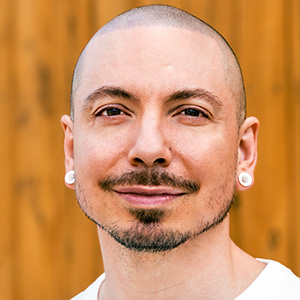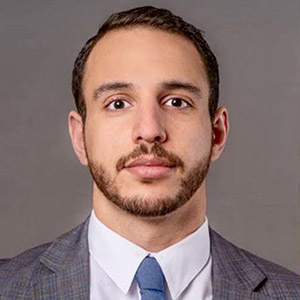Webinar: Ancient Genetic Clues into Modern Human Disease
Event Details
Virtual
Background
In its 2020 Strategic Vision, the National Human Genome Research Institute (NHGRI) identified the need to “elucidate the genetic architecture of the majority of human diseases and traits.” Traditionally used to illuminate human evolution and demography, ancient (>500 years old) and historical (<500 years old) DNA is now being applied towards the origins and biology of human disease.
Goal
This webinar will seek input from the research community on the potential uses of ancient and historical DNA for human health. It will explore the current applications, availability, and geographic distribution of these DNA resources and how they’re used for characterizing the genetic architecture of different diseases and traits. The webinar will also assess the need to more deeply sample ancient and historical DNA both to sufficiently capture the genetic diversity of human populations across space and time and to make stronger inferences about human disease. Towards that end, and to forestall any disparities in biological or medical insights, we want to address the necessity of ethical and equitable frameworks for engaging and partnering with communities and researchers around the world.
The webinar discussion will help NHGRI identify research gaps, responsible practices, and future opportunities as ancient and historical DNA is increasingly used to discern why certain diseases and traits vary across places and populations.
Contacts

- Program Director
- Division of Genome Sciences

- Program Specialist
- Division of Genome Sciences
Last updated: October 17, 2024
